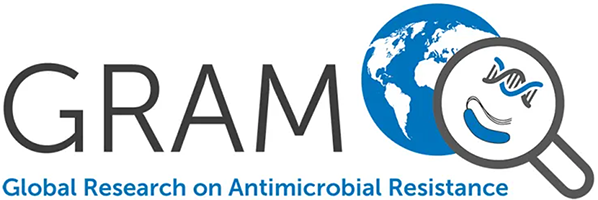Rapid diagnosis of scrub typhus in rural Thailand using polymerase chain reaction.
Sonthayanon P., Chierakul W., Wuthiekanun V., Blacksell SD., Pimda K., Suputtamongkol Y., Pukrittayakamee S., White NJ., Day NP., Peacock SJ.
The aim of this study was to evaluate the use of polymerase chain reaction (PCR) amplification of the O. tsutsugamushi 16S rRNA gene for the diagnosis of scrub typhus in rural Thailand. A prospective study of acute febrile illness in Udon Thani, northeast Thailand, identified 183 patients as having scrub typhus on the basis of immunofluorescent antibody testing (IFA) of paired sera. A further 366 febrile patients admitted concurrently with a range of other diagnoses acted as negative controls. Diagnostic sensitivity and specificity of 16S rRNA PCR was 44.8% and 99.7%, respectively, compared with IFA. PCR positivity was related to duration of symptoms and presence of eschar (P < 0.001, both cases). PCR using primers to amplify a fragment of the 56-kd gene had a sensitivity and specificity of 29.0% and 99.2%, respectively. PCR has a high specificity but low sensitivity for the rapid diagnosis of scrub typhus in this endemic setting.

